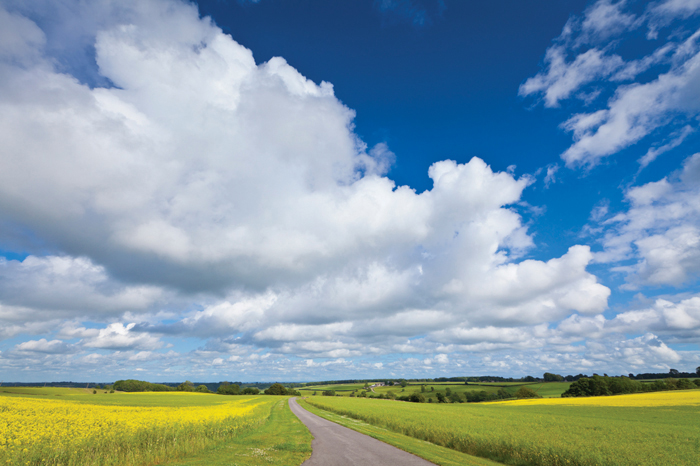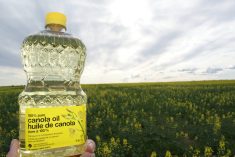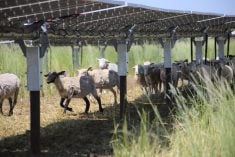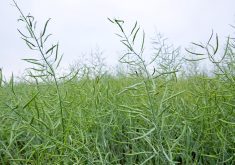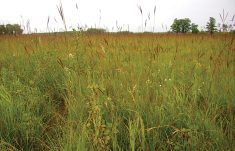The new provincial government needs to walk the walk — not just talk the talk — on climate change, starting with better support for renewable energy sources, says the general manager of Alberta Canola Producers Commission.
“In their election platforms, almost all political parties talk about climate change and greenhouse gas reduction,” said Ward Toma. “Biodiesel is a low-carbon fuel, compared with some of the other ones, so it does help with greenhouse gas and carbon emissions.”
And Toma is quite specific about what government should do: Hike the percentage of biodiesel blended with regular diesel to five per cent (up from the current two per cent) by 2020; set tougher greenhouse gas reduction and biomass production targets; and extend the bioenergy producer credit program (set to expire in March 2016).
- More Election 2015: Don’t just grow crops, grow food processing
Those changes would be a win-win for both the province and growers, he said.
Read Also

Last call: Olds College to shutter brewery program and commercial operations
Olds College is ending its Craft Beverage and Brewery Operations diploma and closing the doors on its campus brewery.
“One of the things biodiesels can do is create another demand stream for the crop sector, but we can also help with greenhouse gas target reductions and have a sustainable biomass,” said Toma.
Alberta’s alternative energy framework is a good first step, but renewable sources of energy, such as biodiesel, need to “continue to be a focus in the future.”
“We’ll have to see once the election is over where they rank this with the rest of the policy reviews that the government is going to do,” he said. “We want to make sure that this program doesn’t get overlooked or fall by the wayside.”

